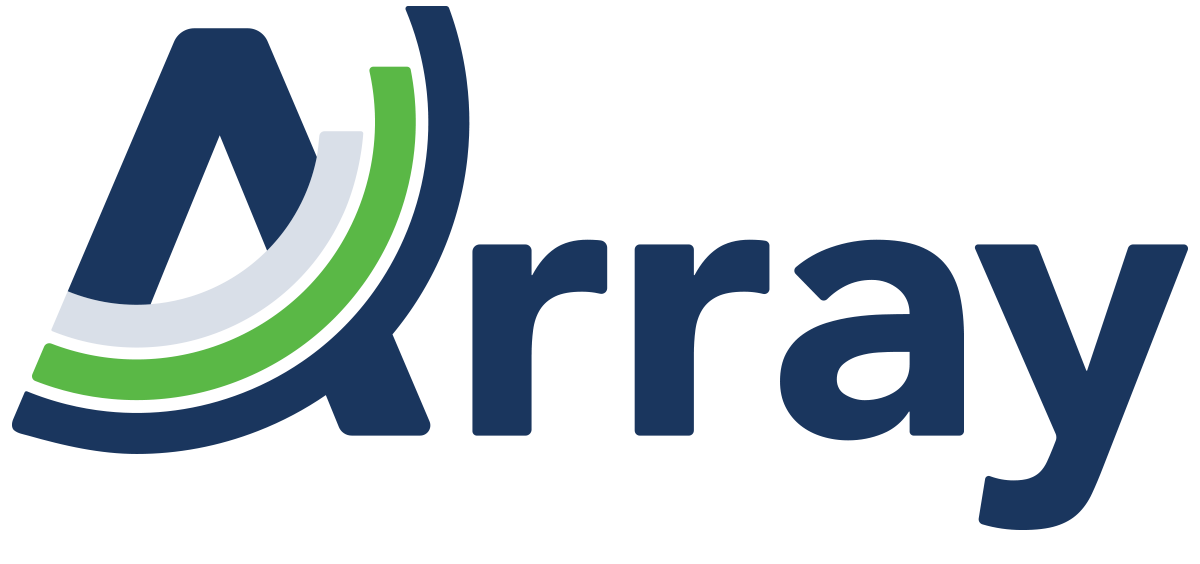Every week, the Array team reviews the latest news and analysis about the evolving field of eDiscovery to bring you the topics and trends you need to know. This week’s post covers the period of March 30-April 5. Here’s what’s happening.
Two Examples of Meet and Confer Gone Wrong
The “Meet and Confer” requirement of the Federal Rules of Procedure compel parties to hold an in-person discussion about their proposed discovery plan, among other issues. The rules also require this meeting to be in good faith, meaning parties need to be prepared to discuss their search terms, for example, as opposed to arriving unprepared for discussion of relevant issues in an adversarial posture and then claiming to the court after the fact that they could not reach an agreement with the other party.
Variations of the latter scenario, which Kelly Twigger of Minerva26 (formerly eDiscovery Assistant) calls a “drive-by meet and confer,” recently played out in two cases: Wilbert v. Pyramid Healthcare, Inc., and 777 Partners, LLC v. Leadenhall Capital Partners.
Let’s start with Wilbert, a discrimination and harassment action brought by a plaintiff who was pregnant and was terminated from her job. Her counsel served 25 separate requests for production titled “Request for ESI Search” and an ESI plan titled “J.P. WARD & ASSOCIATES, LLC – MANDATORY RULE 26(f)(2), (3) ESI DISCOVERY PLAN FOR USE IN EMPLOYMENT LAW CASES,” a 30-page document that the court found imposed extensive ESI protocol requirements on opposing counsel in employment cases that far exceeded the scope and depth required.
The court ordered counsel to confer meaningfully on the issues, but they were unable to resolve them. The court granted plaintiff’s counsel leave to file a motion to compel, which the court denied, citing the mandatory protocols he imposed, the disproportional discovery requests he made, and the insistence that any objection proposed by defense counsel was a failure to confer.
From the judge: “The conferral obligation is not a bargaining chip to be offered in exchange for a concession on a disputed discovery process or requested item. Conferral is expected for all discovery planning and dispute resolution and is a precondition to seeking court intervention. A party may also not impose unreasonable conditions or barriers on their willingness to meet and confer.”
In 777 Partners, as Michael D. Berman writes on the EDRM Blog, both parties were criticized by the court for failing to meet and confer in good faith: “The meet and confers engaged in by the parties’ counsel are textbook examples of how not to conduct a meet and confer.” The plaintiffs filed a motion to compel the discovery of supplemental documents eight days before the extended discovery cutoff date. It was denied.
From the court: “Both parties failed at various times to confer on discovery issues in good faith, played games with or delayed discussing search terms and custodians, tried to prevent numerous valid depositions, and generally made the discovery process as difficult, time-consuming, and protracted as possible. On balance, however, the Court finds that Plaintiffs were certainly more dilatory, obstructionist, and evasive than the Leadenhall Defendants during the discovery process.
“The Court finds it hard to understand why Plaintiffs would file a lawsuit in this district, proceed to ignore this Court’s instructions and orders as to discovery expectations and requirements, and then take steps to delay and frustrate discovery. Unfortunately, that is what occurred in this case. To the extent Plaintiffs claim that they have not received fulsome discovery, they have themselves to blame for this predicament.”
Upcoming Webinar: Solving the Link Challenge in eDiscovery
Modern attachments, like links to Google Drive documents embedded in emails, are creating major risks in legal discovery. Join me and my Array colleagues Tracey Oldenburg, Thad Warren, and Brian Roberts on April 17 as we discuss the technical and legal risks of hyperlinked content, offer practical strategies to streamline your eDiscovery process, and introduce our latest solution to close these gaps. Click here for more information and to register.
Other recent eDiscovery news and headlines:
- E-discovery and information governance: navigating new challenges and practical tips (Reuters)
- Multidimensional Data Reversion: E-Discovery Evolution—From Paper Trails to AI (Ropes & Gray, podcast)
- Hugging the Boogeyman: AI Is Not a Trap, It’s a Safety Net (Legaltech News)
Julia Helmer; Director, Client Solutions
With 15 years of expertise, Julia excels at optimizing enterprise eDiscovery workflows from start to finish. With a deep understanding of how to seamlessly integrate workflows across various eDiscovery platforms, Julia creates tailored solutions for data identification, legal holds, ESI collections, and productions. By harnessing the power of Technology Assisted Review and Analytics, she delivers efficient, cost-effective results that align with best practices and budgetary constraints. Julia’s exceptional communication and customer service skills have fostered strong, lasting relationships with both clients and Project Management teams, enabling her to effectively problem-solve and drive success across numerous projects.

